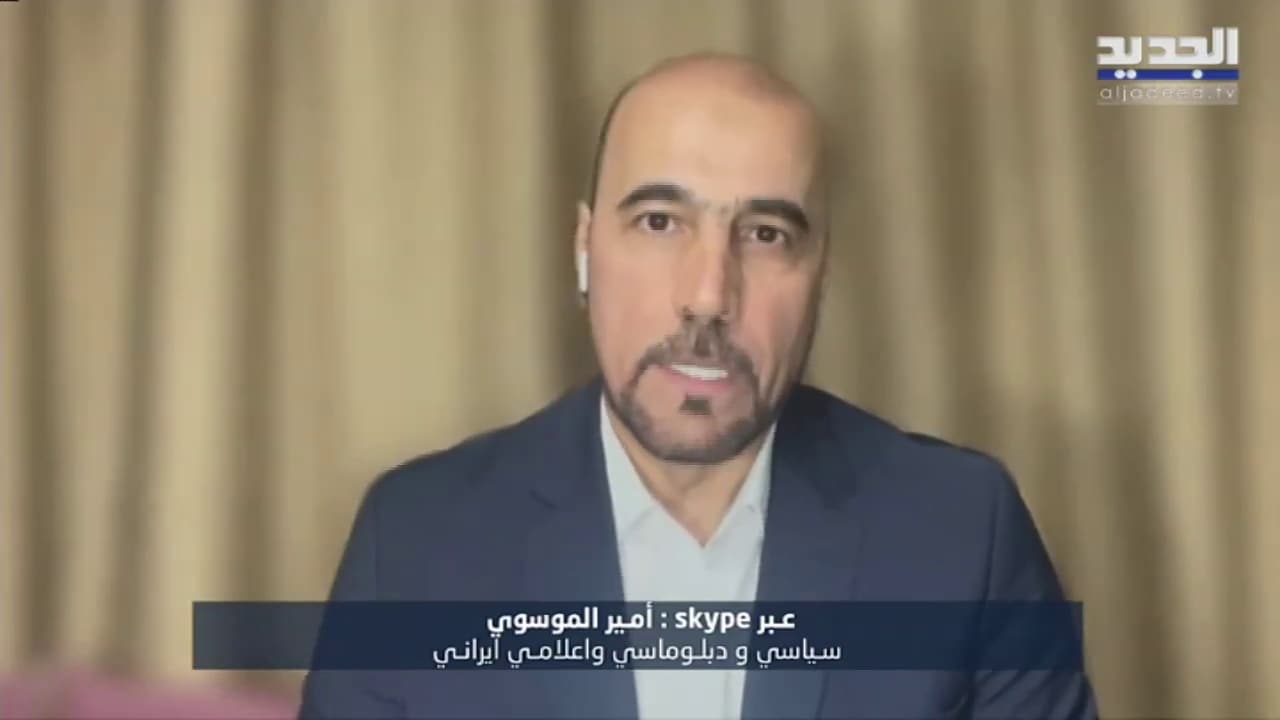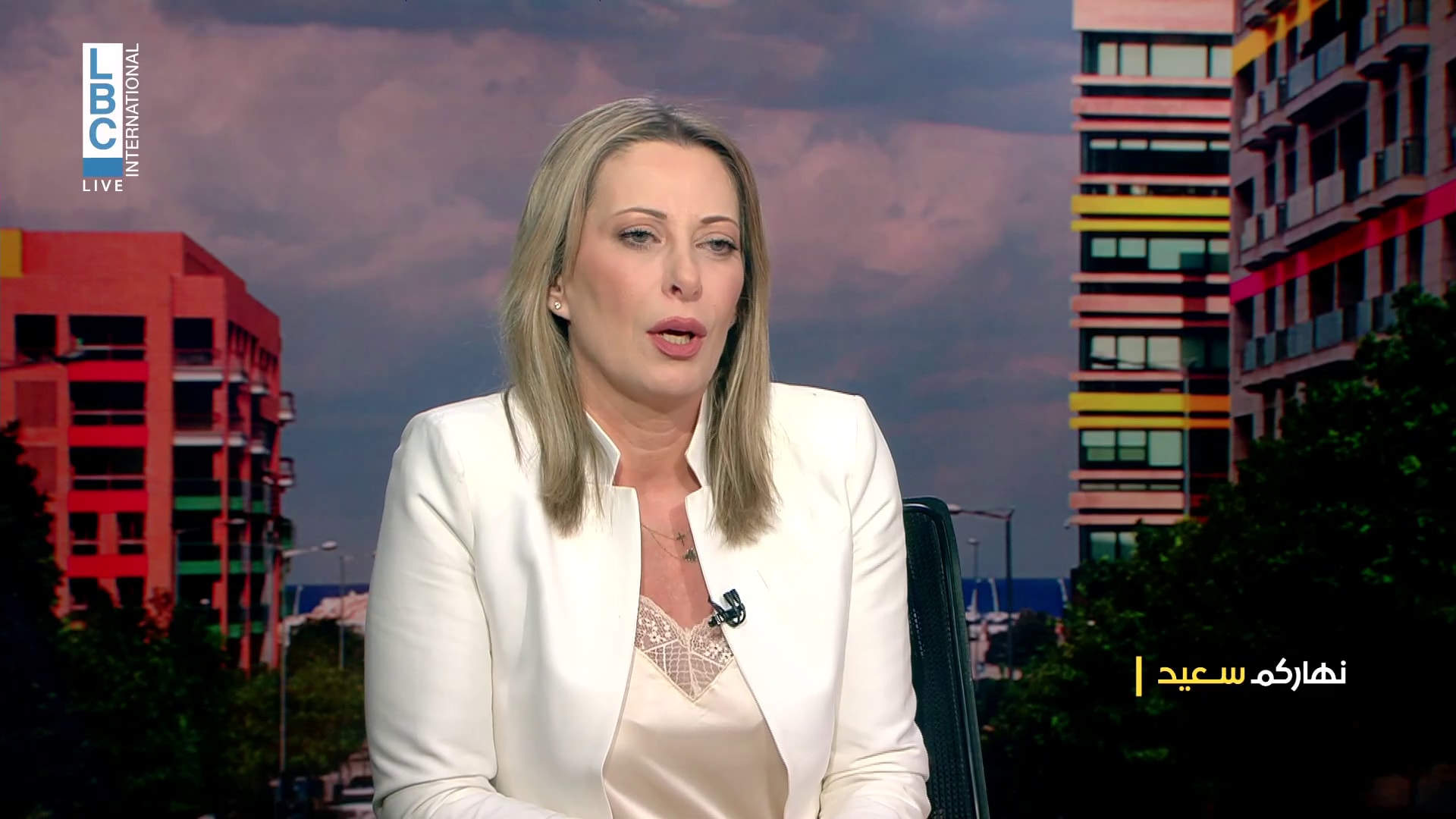
Oxford University Professor Tariq Ramadan said that while he did not support FGM, one could not deny that it was part of the Prophetic tradition. Responding to the recent controversy surrounding Virginia-based Imam Shaker Elsayed's endorsement of female circumcision (see https://www.memri.org/tv/dar-al-hijrah-mosque-fairfax-virginia-fgm-prevents-hypersexuality), Ramadan said that people should not be fired "just to be on the safe side," on the basis of clips by MEMRI, which, he alleged, "distorts, and covers in ways that are very specific." The discussion of the topic should be internal, he said. His statements were posted on Facebook on June 14.
Tariq Ramadan: "I am reacting to what I heard and some questions that I had about what happened in Washington, with this controversy around Sheikh Shaker [Elsayed], who was not yet fired – I hope he is not going to be – but he was asked to stop preaching, and to stop being active within the community or within the mosque in Washington.
[...]
"First, when the people are saying that [female circumcision] is not in the Quran... Yes, there is nothing about this in the Quran. Anything which has to do with excision or circumcision is coming from the Prophetic tradition. Now, no one can deny the fact that in mainstream Islamic tradition, up to now, in African countries, or in the Islamic institutions – in Al-Azhar or in some of the institutions that we have – it is discussed because they are relying on the Prophetic traditions, where it clearly mentions female excision. My position as a Muslim scholar is that it is wrong, that we should not promote this, because I think that, first, it is not in the Quran, and second, it is part of the Sunna that we have. It is something that is done in African countries among the Christians and the Muslims, and it is not religious. No one can say that it is not part of our tradition. It is controversial, it is discussed, and there is a difference of opinions among the scholars. Yes. You need to take a position, but you cannot deny the fact that this is something that is part of our tradition.
[...]
"MEMRI – we know who they are. We know what they want to do. We know in which way they want to make Islam problems – not only in the USA but around the world – through the translation, distorting and covering in ways that are very specific. They have a very specific objective. They have a very specific way of dealing with scholars, intellectuals, and Islam. These are Islamophobes, and you react to them by just exposing one of your leaders, a sheikh that has been serving the community for more than 30 years? And you ask for him to be fired so quickly?
[...]
"Can't we take the time to have an internal discussion? To say: 'Look, we are not going to respond to the controversy. We are not going to fire people just to be on the safe side, and to be perceived as moderate, as open-minded.'"













